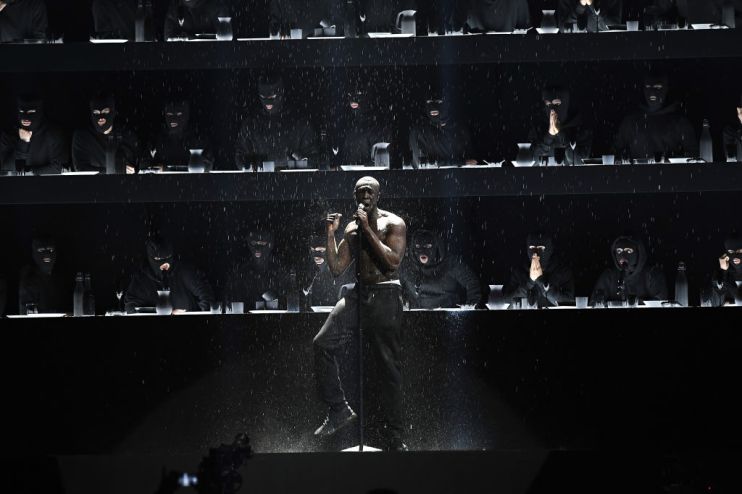UK live entertainment sector poised for £2.3bn 5G boost

The UK’s live entertainment industry could be given a boost of as much as £2.3bn over the next 10 years thanks to a raft of benefits brought by 5G, new research has revealed.
Figures compiled by O2, seen exclusively by City A.M., showed consumer spending on live music and sports events could surge in the next decade due to new technology.
The next-generation mobile network will provide the infrastructure for both virtual reality (VR) and augmented reality (AR), both of which can be deployed at live events, according to the research, which was carried out with data firm Ovum.
New 5G networks will allow a raft of pre-event experiences thanks to smart ticketing and connected venues.
Punters could also benefit from shorter queues for drinks due to new order-in-advance systems and real-time analytics of the busiest bars, while improved latency will allow fans to get their hands on personalised highlights reels sent directly after the event.
“I think the opportunities [for 5G] are boundless, many of which we haven’t conceived of yet,” O2’s chief marketing officer Nina Bibby told City A.M.
Bibby added that the benefits would be most clearly felt in sports events, where fans are currently viewing games across two or three different screens.
“With 5G this could be in one place,” she said. “People are already doing it, but 5G will enable it to happen so much more seamlessly.”
The report predicted that 78 per cent of live entertainment consumer spend will be driven by 5G-enabled sports experiences by 2028.
Moreover, the technology is expected to transform broadcasting through 5G-enabled cameras, which can share more real-time footage over superfast networks.
In May last year mobile network EE launched its 5G network by streaming a Stormzy gig live from a boat on the River Thames.
Aside from benefits to consumers, the technology could also be harnessed by advertising to deliver more targeted campaigns in real-time.
David Jones, senior vice president of IT at AEG – which owns The O2 – said: “I’m excited by the possibilities that 5G offers to enhance the live entertainment experience for the millions of fans who come to see their favourite acts and athletes at The O2 each year.
“In particular, augmented reality and virtual reality technology is bandwidth-intensive, ultra-mobile, and very sensitive to latency, and 5G has been designed to address those requirements from the ground up.”
Bibby said the tipping point for new technology was likely to come in the mid-2020s, while the full benefits would be felt by the end of the decade.